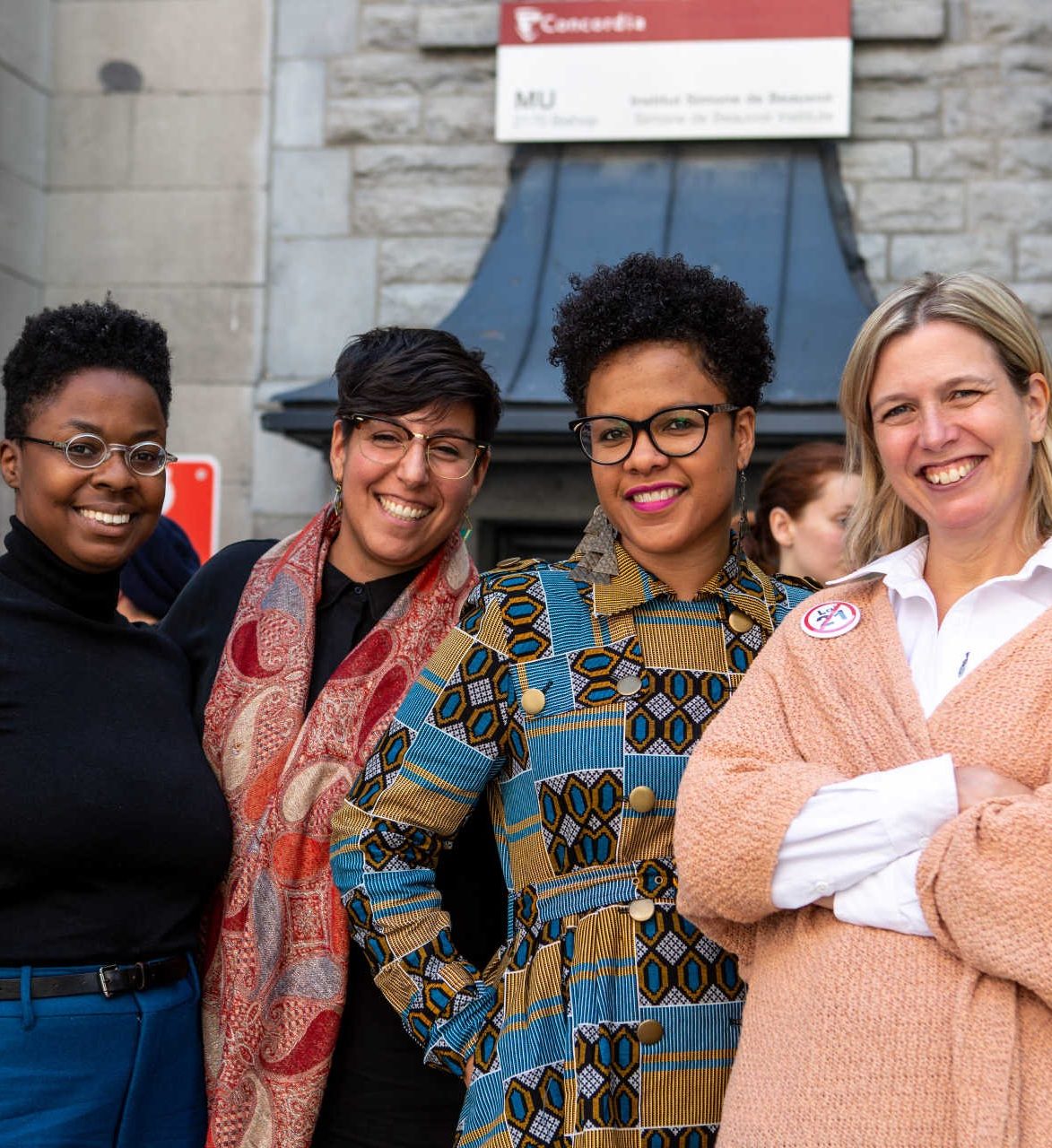
Careers with a women’s studies degree
Studying Women’s Studies means exploring how gender, race, class and sexual orientation shape individual lives and social structures. You'll examine systems of power and resistance, analyze media representations and drive initiatives for equality and social justice.
What can I do with my degree? Women’s Studies prepares you for careers in advocacy, policy analysis, education, community outreach, media and social justice.
Skills you'll develop
Your degree builds more than academic knowledge, it shapes the way you think, communicate and collaborate. Throughout your studies, you'll develop key skills for your career, such as:
Functional knowledge:
Understand how gender, race, sexuality and socio-economic class intersect to shape social experiences and systems
Communication:
Communicate with empathy and awareness on issues of identity and equity
Management and organization:
Balance research, collaboration and activism in academic and community settings
Teamwork:
Build respectful, inclusive relationships in group settings and community work
Critical thinking and problem solving:
Analyze systems of inequality and develop practical, justice-driven solutions
As a Concordia student, you will develop valuable skills to bring to any career opportunity.
Beyond the classroom: build your career path
Getting involved outside of the classroom can help you discover your interests, develop new skills and build a network of peers and professionals in your field.
First year
- Get support organizing your busy schedule at the Time Management Clinic.
- Join the Women’s Studies and Sexuality Studies Association or explore other clubs that interests you.
- Attend events organized by CU Wellness learn more about well-being.
- Improve your language fluency in French or English through conversation practice.
- Volunteer with an organization for a cause you care about.
- Browse the CAPS online job bank for opportunities to gain work experience.
Middle years
- Connect with Career Counselling & Education Transitions to plan your career path.
- Collaborate on positive social impact initiatives at the Shift Centre for Social Transformation.
- Stay up to date on the Simone de Beauvoir Institute news and real-world impact.
- Explore community engagement and experiential learning opportunities within Montreal and internationally through departmental partnerships.
- Enrich your global perspective by studying abroad for an academic term.
Final year
- Apply for teaching and research assistant job opportunities at the Institute.
- Explore leadership opportunities in Women’s Studies and Sexuality Studies Association.
- Prepare for grad school interviews and professional presentations with FutureBound’s storytelling and public speaking series.
- Consider becoming involved with a feminist organization such as the Fédération des femmes du Québec.
- Network with potential employers at recruitment events and career fairs.
Specialize your studies
Minors & elective groups
You can customize your degree by adding a minor or elective group. Popular choices with this program include:
Graduate studies and certifications
Graduate studies can help you specialize in a subject you love, engage in meaningful research or open doors to new career paths. Certifications are a great way to build new skills that complement your degree.
Talk to your professors or a career counsellor at the Student Success Centre to find programs that fit your goals.
Start exploring:
- Universitystudy.ca: A data base of graduate programs in Canada
- Concordia’s School of Graduate Studies: Graduate programs offered at Concordia
- Graduate funding and awards: Scholarships and awards, research and teaching assistantships, and other financial supports for Concordia graduate students
- Concordia Continuing Education: Courses, workshops and programs to advance your career
Career exploration resources
Professional organizations
Explore opportunities and expand your network.
Job banks
Career counselling & advising
Want tailored career advice? Book an appointment with one of our career counsellors or career advisors.
Start your job search
Career Advising and Professional Success (CAPS) can help you find opportunities and support you with networking, applications and interviews.

